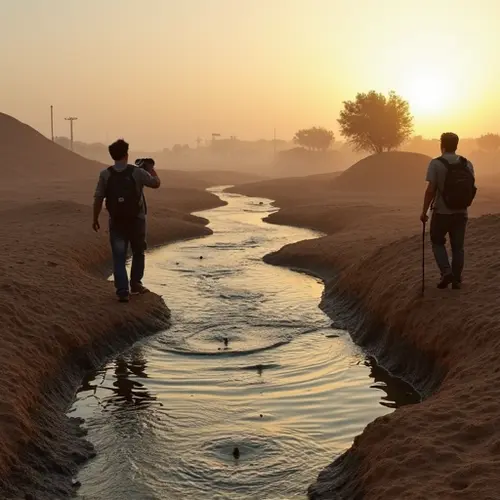
Water Rights Conflicts Escalate Among Jordan, Syria, and Iraq
Growing Tensions Over Scarce Resources
The Middle East, a region already plagued by political instability, is facing another critical challenge: escalating conflicts over water rights. Jordan, Syria, and Iraq are at the center of these tensions, as dwindling water supplies exacerbate existing geopolitical strains. The Tigris and Euphrates rivers, vital lifelines for these nations, are becoming increasingly contested resources.
Historical Context
Water disputes in the region are not new. The Tigris and Euphrates have long been sources of contention, with upstream countries like Turkey controlling the flow through dams and infrastructure projects. However, climate change and population growth have intensified the crisis, leaving downstream nations like Syria, Iraq, and Jordan struggling to meet their water needs.
Current Developments
In 2025, the situation has reached a boiling point. Reports indicate that Syria and Iraq accuse Jordan of diverting more than its fair share of water from shared basins. Meanwhile, Jordan argues that its growing population and agricultural demands leave it with no alternative. The lack of a comprehensive regional water-sharing agreement has only fueled the conflict.
Humanitarian and Economic Impact
The water shortages are having devastating effects. Farmers in Iraq and Syria are facing crop failures, while Jordan’s urban centers are grappling with water rationing. The UN has warned that the crisis could displace thousands more in a region already burdened by refugee populations.
Diplomatic Efforts
International organizations are calling for urgent diplomatic interventions. The Arab League has proposed a summit to address the issue, but progress remains slow. Experts suggest that without a binding agreement, the conflict could escalate into a full-blown crisis.
Looking Ahead
The water rights conflict underscores the urgent need for sustainable resource management in the Middle East. As climate change continues to strain resources, regional cooperation will be essential to prevent further instability.

 Nederlands
Nederlands
 English
English
 Deutsch
Deutsch
 Français
Français
 Español
Español
 Português
Português